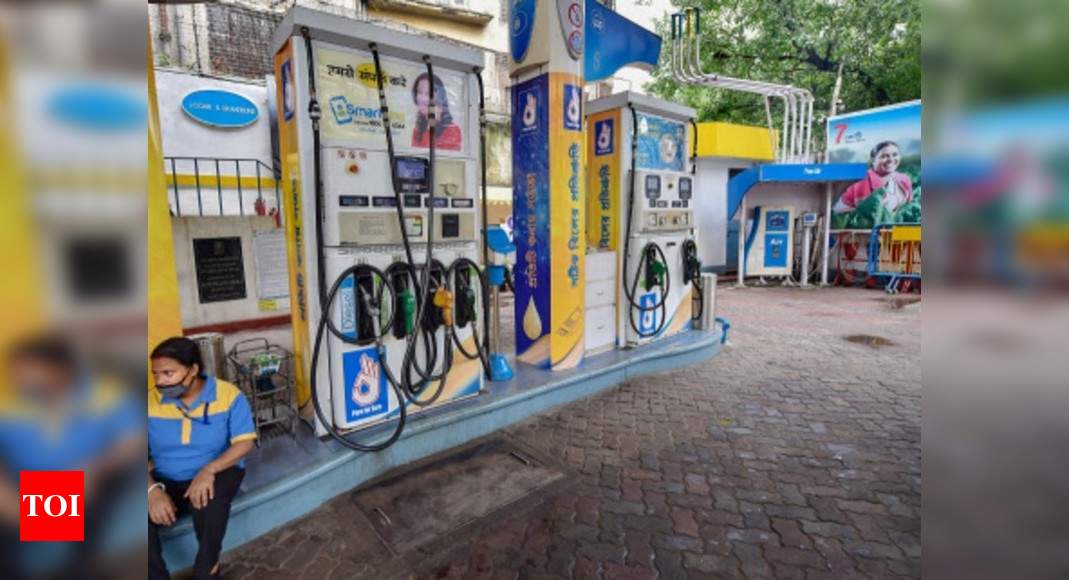Sean Gallup/Getty
byCharlie Nash19 Dec 20170
Two psychologists have claimed that selfie addiction could be a sign of a mental condition called “selfitis.”
Though the term “selfitis” was conceived in a 2014 parody article, two researchers “have looked at the term and have decided there could be some truth to it,” according to Business Insider.
Mark D. Griffiths and Janarthanan Balakrishnan published a paper in the International Journal of Mental Health and Addiction last month, in which they argued that the condition was real.
“They also developed a ‘Selfitis Behaviour Scale’ by surveying the selfie behaviour of 400 participants from India,” Business Insider explained. “The scale assesses the severity of the condition, of which there are three levels.”
Cases ranged from “borderline” to “acute” and even “chronic” stages on the Selfitis Behavior Scale (SBS), the latter meaning those afflicted “cannot control the urge to take photos of themselves all the time.”
“Initially, focus group interviews with 225 Indian university students were carried out to generate potential items for the SBS. The SBS was then validated using 400 Indian university students via exploratory factor analysis (EFA),” explained the study. Six factors were identified in the EFA comprising environmental enhancement, social competition, attention seeking, mood modification, self-confidence, and social conformity. The findings demonstrate that the SBS appears to be a reliable and valid instrument for assessing selfitis but that confirmatory studies are needed to validate the concept more rigorously.”
Following the report, Balakrishnan expressed hope that “further research” would be carried out to further examine the alleged condition.
“Typically, those with the condition suffer from a lack of self-confidence and are seeking to ‘fit in’ with those around them, and may display symptoms similar to other potentially addictive behaviours,” Balakrishnan claimed. “Now the existence of the condition appears to have been confirmed, it is hoped that further research will be carried out to understand more about how and why people develop this potentially obsessive behaviour, and what can be done to help people who are the most affected.”
Mark Salter, a spokesman for the Royal College of Psychiatrists, refuted the report, claiming it was “dangerous” to suggest such a condition actually exists.
“There is a tendency to try and label a whole range of complicated and complex human behaviours with a single word,” he declared. “But that is dangerous because it can give something reality where it really has none.”
Charlie Nash is a reporter for Breitbart Tech. You can follow him on Twitter @MrNashington and Gab @Nash, or like his page at Facebook.
The post Psychologists: Selfie Addiction Could Be ‘Selfitis’ Mental Condition appeared first on News Wire Now.












